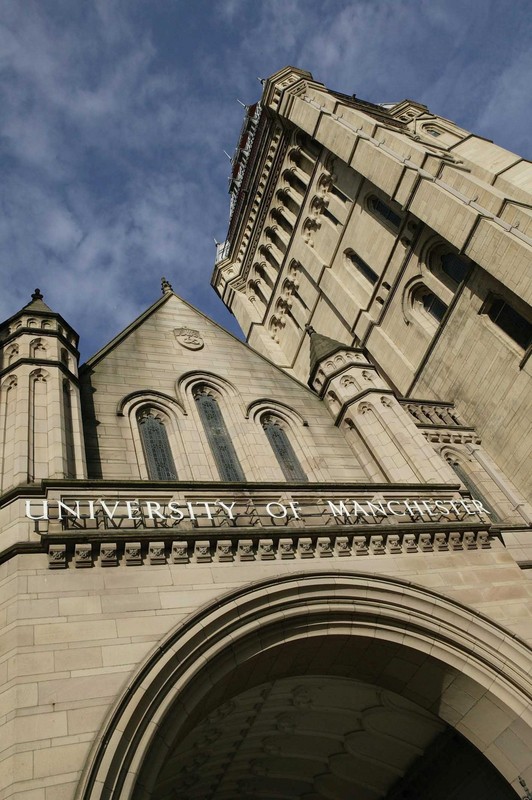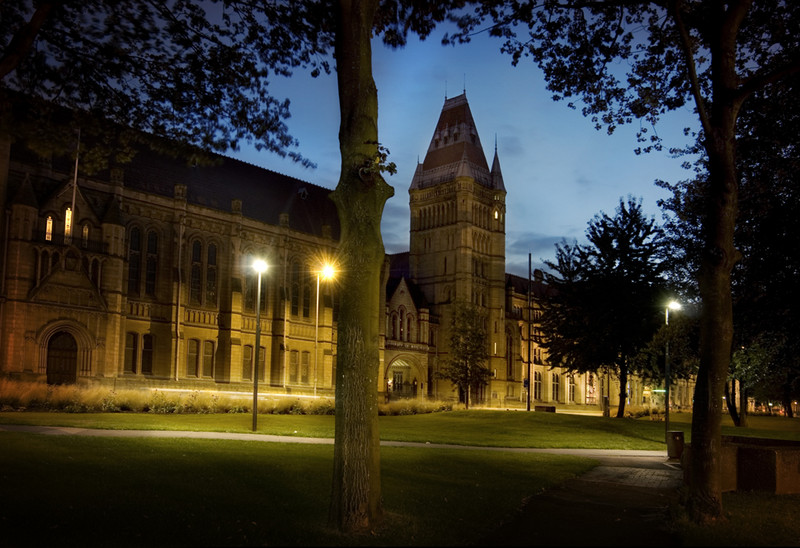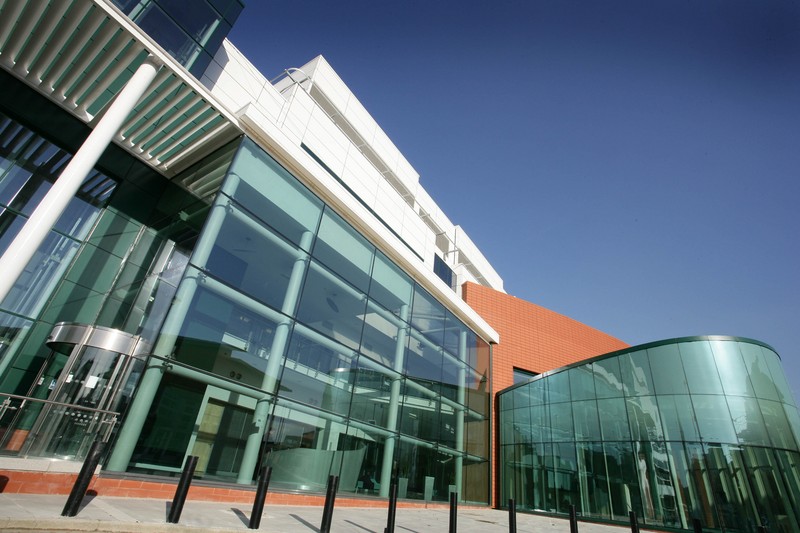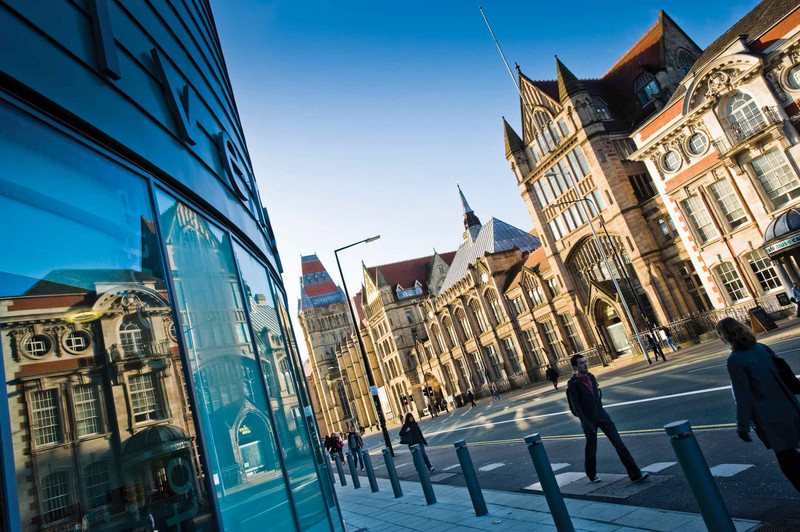About the University of Manchester
The University of Manchester
The University of Manchester is Britain’s largest and most popular university, with a distinguished history of academic achievement and an ambitious agenda for the future. The University, with income in excess of £780 million, has four Nobel Prize winners amongst its current academic staff, and has embarked on an exciting and bold course which aims to make us one of the top 25 universities in the world, as set out in the University’s strategic vision for 2020: Strategic Vision 2020.
The University of Manchester was established in 1824, bringing together The Victoria University of Manchester and UMIST to form The University of Manchester. It has an excellent track record in research, as demonstrated by a research power exceeded only by Oxbridge in the RAE 2008 and specifically by the award of two Nobel prizes in physics in 2010. The University’s research strategy can be found via the following link: UoM Research Strategy.
The academic structure of The University of Manchester is made up of Faculties and Schools. There are four Faculties and further information about each Faculty and its related Schools can be found at UoM Faculties and Schools.
The Faculty of Medical and Human Sciences (FMHS)
The Faculty of Medical and Human Sciences is a leading international centre for research and education in medicine and a spectrum of health-related professions including nursing, midwifery, social work, pharmacy, dentistry, psychology, audiology and speech and language therapy. A major review in 2011/12 led to a new strategy and structure intended to enhance our research and teaching performance. A key component of the new approach is the creation of a matrix structure linking five Faculty Schools with six Faculty Institutes. The objective is to ensure that the Faculty achieves a major international academic profile in each priority area within a period of five years. The new strategy will focus our research effort in six priority areas:
- Human Development including Women’s and Children’s Health
- Cardiovascular Sciences
- Cancer Science
- Inflammation and Repair
- Brain, Behaviour and Mental Health
- Population and Health Sciences
Details of the structure can be found at: FMHS Structure. FMHS has a total income of £210 million, around 6,500 undergraduate students and 2,500 post graduate students. The Faculty has strong relationships with outstanding NHS partners which are critical in achieving our mission.
Manchester Academic Health Science Centre (MAHSC)
The University, and in particular the Faculty of Medical and Human Sciences, is a key member of the Manchester Academic Health Science Centre (MAHSC). Formed in 2008, MAHSC is a Federation of Equal Partners enabled by a Company Limited by Guarantee. The partners involved in the MAHSC are: The University of Manchester, Central Manchester University Hospitals NHS Foundation Trust, Manchester Mental Health and Social Care Trust, Salford Primary Care Trust (NHS Salford), Salford Royal NHS Foundation Trust, The Christie NHS Foundation Trust and University Hospital of South Manchester NHS Foundation Trust.
MAHSC is one of only five Department of Health designated AHSCs in the UK. The designation is a mark of excellence across research, innovation, education and patient service, and recognition of the potential to excel in translational medicine. MAHSC’s vision is to be a leading global centre for the delivery of innovative applied health research and education into healthcare. As with other AHSCs, MAHSC has a dual role: to act as a beacon of international excellence for UK plc and to provide leadership and early adoption for our local health system. This will be delivered via a tripartite approach encompassing: research and innovation; education and training and clinical service. For further information, please refer to the MAHSC website: www.mahsc.ac.uk.
Institute of Population Health
Population Health is home to 6 centres (Biostatistics, Epidemiology, Health Economics, Health Informatics, Imaging Sciences and Primary Care) based largely on the University campus and at the Wolfson Molecular Imaging Centre (Withington). The Institute’s goal is to enable The University of Manchester to reach its full potential as an internationally esteemed centre for research and education in population health and health sciences, and to translate that expertise into improved health and wellbeing for people locally, nationally and internationally.
Its areas of expertise include: 1) methodological research including advanced methodology in biostatistics, health economics, informatics and imaging; 2) health policy and practice, which is focused broadly on: analysing government policy as it affects health and health care; exploring the impact of changing policy; describing, explaining and evaluating variations in health care organisation and delivery; and developing and evaluating strategies to improve care, ranging from policy interventions to trials of complex interventions to improve patient outcomes; and 3) population health which investigates areas such as the factors determining disease risk, variation in treatment response, clinical progression and outcome. It also applies epidemiological approaches to the analysis of biological samples and clinical data generated through the University’s bio-banking facilities (CIGMR) and the Northwest e-Health e-Lab (NIBHI). Similar methodologies are deployed to describe, explain and evaluate variations in care provision, exploiting the unique database resources generated by NDEC (drug misuse), TARN (trauma) and COEH (occupational health).







